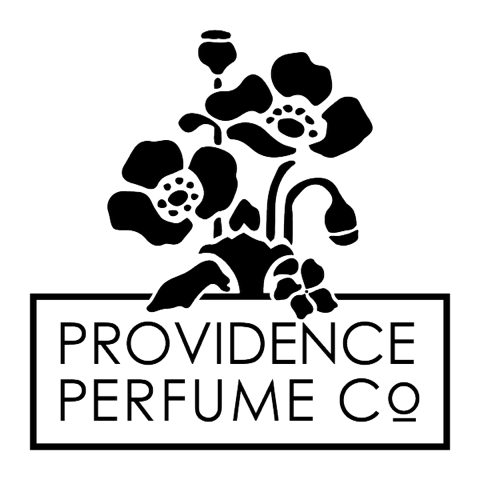A post titled "how to smell" may illicit some eye rolling. I know how to smell you may say, and I would counter with the question, "Ah, but do you know how to smell natural fragrances?"

Smelling and evaluating natural fragrance is different than the typical perfume sampling experience, just as natural perfumes are different from synthetic perfumes. A common scenario may involve a trip to the local fragrance counter where one casually picks up bottles and quickly sniffs the atomizer or a slightly more involved process of spritzing the fragrance on a blotter strip that is hastily brought to the nose and evaluated. Unfortunately neither of these options works when evaluating natural perfume.
While mainstream perfumes are mostly synthetic and contain very little (if any) natural essences, they DO transfer very well to the blotter. These perfumes smell almost exactly the same on your skin as they do on the tester strip. This is not true of natural perfumes, hence the fact we must smell and evaluate them in a different manner.

Natural perfumes are complex and multifaceted and evolve with wear as they travel from the top, middle and base notes. They have life and character and oftentimes this vibrancy is lost on a paper blotter. Natural perfumes wear best on skin and should always be evaluated this way. So, what to do?
-
Never try to evaluate a natural perfume by smelling the bottle. This doesn't work. The scent isn't usually strong enough to smell from a capped bottle and you will miss the beautiful nuances that natural perfumes possess. You MUST spray the perfume onto a blotter or your skin.
-
Be patient. Once you've spritzed your natural scent wait a full minute to begin evaluating. Resist the urge to sniff immediately. This gives time for the alcohol to begin evaporating and the top notes to settle in.
-
Evaluate the fragrance through all stages of the perfume. In other words, to fully understand the transitions the perfume may go through it's important to smell after a minute or so, again 10 minutes later, and again a full hour later.
-
Natural perfumes can be less linear than synthetic perfumes. It is important to reserve judgement until you've been able to smell the perfume through it's entire cycle. You may be amazed at how different a natural perfume smells after a few minutes.
-
Whenever possible, it's always best to evaluate a perfume on your skin. I recommend spraying natural perfumes onto perfume blotters, deciding which ones seem most interesting, and then applying one or two (never more than two) to opposite wrists for example. Go for a walk, get some fresh air and decide which scent smells best on your skin.
-
Don't pigeonhole yourself when sampling natural perfumes. Many people claim they don't like florals but they've never smelled real rose or gorgeous jasmine. Natural perfumes often contain beautiful rare essences that most are unfamiliar with. Just because you've loathed a mainstream perfume that claims to contain rose doesn't mean you hate all rose scents.

Follow these tips, you can expect to get a more thorough evaluation of a natural perfume. Remember, 100% natural perfumes need a few moments to settle in. They don't smell exactly the same on the blotter as they do on your skin. Don't rush your sniffing experience and don't forget to revisit your scent strip. Magical notes are slowly revealing themselves to you.

